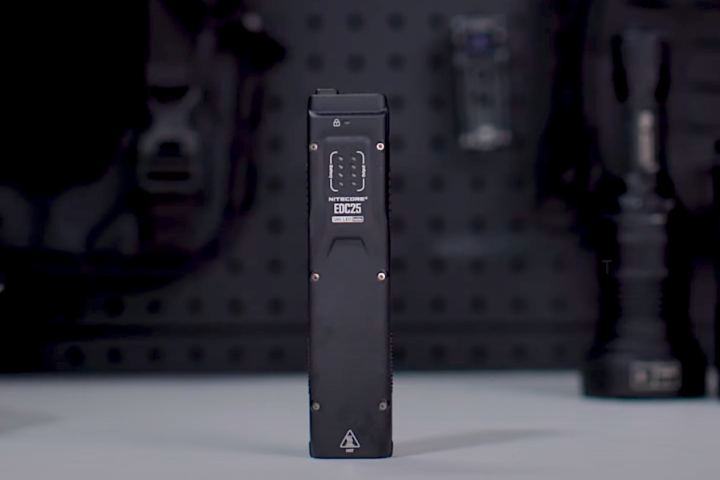Growing meat in labs might be one solution to the ethical and environmental issues of farming animals for food, but although plenty of research is focused on the practical details of how to pull that off, public attitudes to eating cultured meat have been largely overlooked. A new study has tried to shed some light on key questions, like whether the average person would eat cow-less beef, how vegetarians and vegans feel about it, and even if people would eat lab-grown horse, dog or cat meat.
To many people, meat is an important (and tasty) part of their life, but there's significant evidence that the planet would be better off if we just gave it up. That would solve any ethical dilemmas about killing animals and take a load off the environment, which is currently bombarded by millions of tons of greenhouse gases belched out by farm animals every year.
But a good steak is a hard habit to kick, and rather than change the attitudes of billions of people worldwide, taking the animal out of the meat might be a better option. In the last few years, companies like Impossible Burger and Memphis Meats have taken cells humanely from animals, cultivated them in the lab and grown meat products without the environmental footprint or ever killing the source animal.
But would the general public actually eat the stuff? To find out, researchers from the University of Queensland surveyed 673 people in the US with a range of dietary preferences, political leanings, ages and genders, asking them how willing they would be to try lab-grown or in vitro meat (IVM), what factors influence their decision, how they felt it compared to traditionally farmed meat, and what types of cultivated meat they'd be most comfortable dining on.
Overall, the majority of respondents said they would be willing to at least try IVM, with about a third of the group answering "definitely yes" and another third "probably yes." Respondents were less certain when asked whether they would be willing to eat it regularly or as a replacement for farmed meat, with about one third of them answering probably or definitely yes to those questions.
The researchers identified nine different potential barriers in the way of people choosing lab-grown meat, and of those, IVM's taste and appeal stood out as the main concern. Almost 80 percent of people quizzed said that taste was their primary barrier, but that could be a good thing: if scientists can nail the authentic taste, it might just sway more people in favor of IVM.
In general, men appeared to be slightly more receptive to the idea of IVM than women, and liberal-leaning respondents more so than those with conservative beliefs. But the current diets of people, and their views on IVM, posed an interesting paradox: vegetarian or vegan people thought IVM was beneficial but were less likely to eat it themselves, while meat eaters had less positive views of it, but would be more willing to tuck into it anyway.
But here's the kicker: if the ethical issue of killing certain animals is removed, would people be more willing to eat traditionally non-food animals, like cats and dogs? Western culture has drawn some pretty clear lines about which animals are considered ok to eat and which ones aren't, but these don't always line up with the rest of the world. Horse meat, for example, is eaten in some Asian and European cultures, but it sparked a huge outrage when it accidentally started turning up in beef products in Britain in 2013.
The researchers found that people were more likely to eat horse, dog and cat meat if it was created in a lab. Granted, these numbers are very small – about five percent of respondents would eat lab-grown horse, and three percent would eat dog or cat – but it does raise an interesting question. The team says that the stigmatization might be related to our unwillingness to kill those animals – after all, dogs and cats are a part of the family, but much of Western society sees cows as big, dumb animals void of personality.
The team concludes that people have a complex relationship with in vitro meats, and many of the concerns are the same types of moral issues people hold against genetically-modified foods in general. Some of the other main hurdles, like taste and price – the first lab-grown burger cost about US$330,000 – are issues that could be overcome as these products become more market-ready.
The study was published in the journal PLOS.




